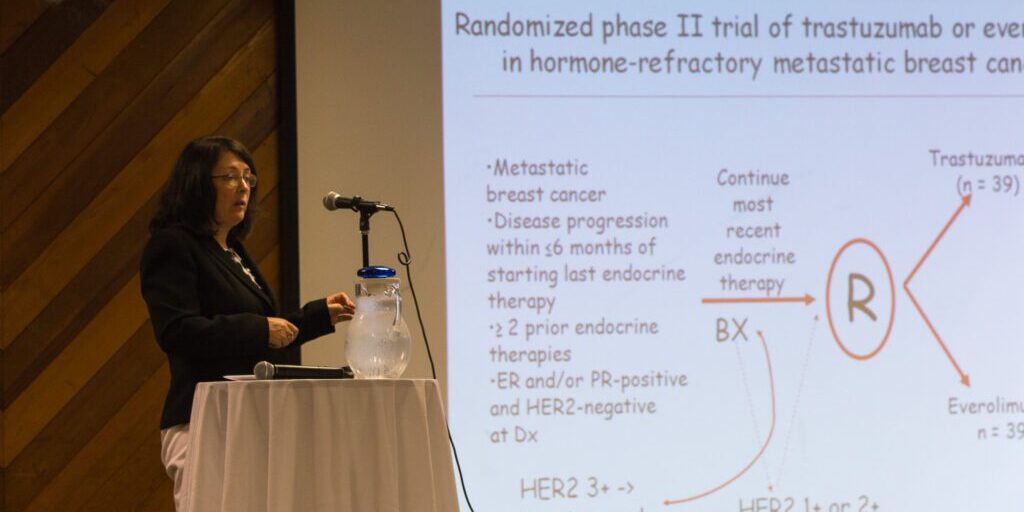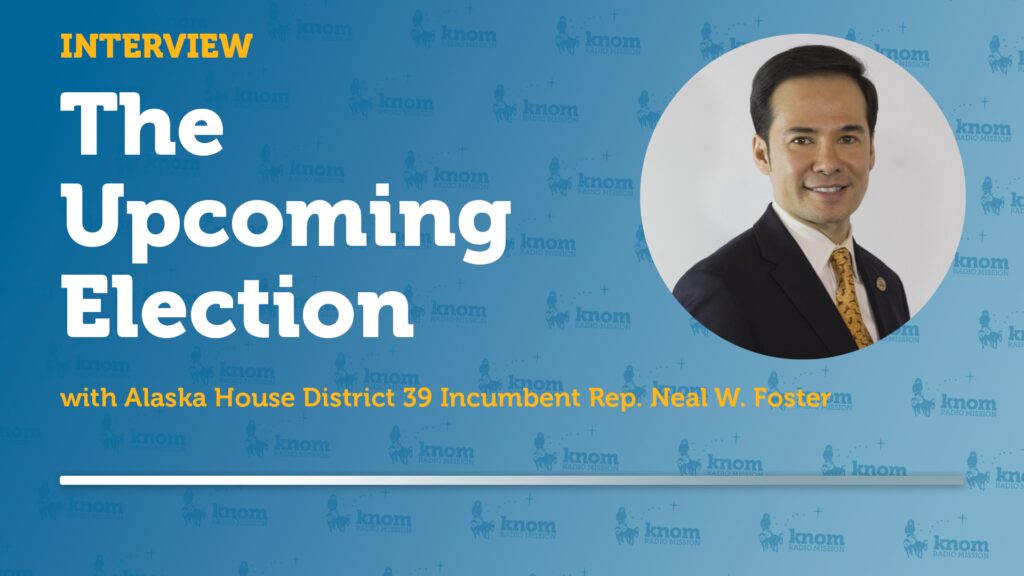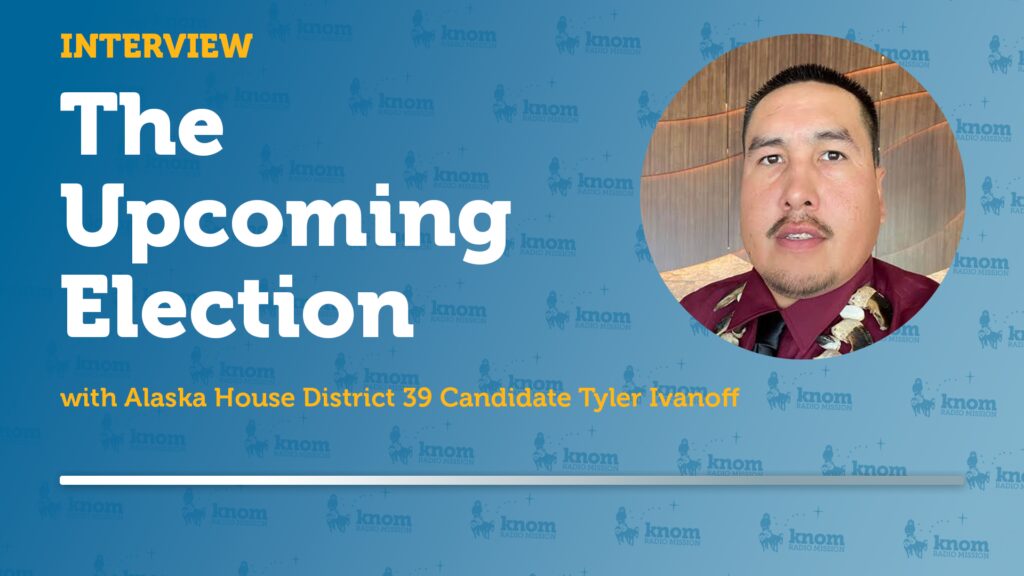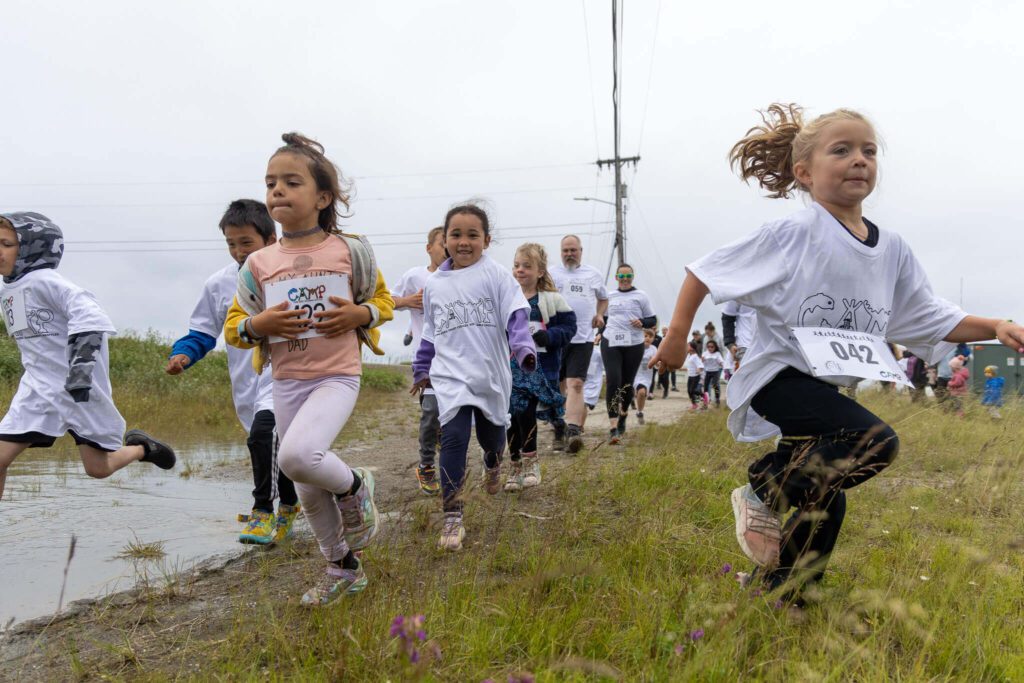The Denali Oncology Group annual conference is the largest gathering of oncologists in the state of Alaska. And this year, it was held in Nome—with about 30 physicians in attendance on Friday and Saturday to discuss advancements in the research and treatment of breast cancer.
Four world-class oncologists were invited to speak at the conference, which focuses on a different type of cancer each year. This year’s breast cancer speakers were a surgical oncologist from Emory University, two medical oncologists from the University of Miami and Emory, respectively, and a radiation oncologist from the University of Washington.
Dr. John Zimmerman from Midnight Sun Oncology, who helped to host and organize the event, says that nationwide, 80 percent of cancer patients are treated within the community setting, which means they go to ‘oncology offices’ rather than large academic and research centers, like Sloan Kettering or the Mayo Clinic. In the state of Alaska, most oncology offices are in Anchorage, Fairbanks and Juneau. Zimmerman said the oncologists there treat cancer patients from all across the state.
“These kinds of meetings facilitate those clinics staying on the cutting edge of treatment and understanding what’s going on in the large academic centers,” said Zimmerman.
DOG Education Coordinator Sara Lovell said the knowledge shared during the conference allows physicians to “treat Alaskans in Alaska,” by collaborating with experts in the field to update their practice. DOG holds the conference in a different part of the state each year, usually a rural area so physicians can be distanced from their practice and focused on the education. It also gives them an opportunity to see communities where their patients may be coming from.
Breast cancer is the most common cancer among women, and Zimmerman said the unique challenge to treatment in Alaska is access to facilities. Often, oncologists are presented with later-stage cancer because people in rural areas aren’t seeing doctors as frequently. And once someone is diagnosed, treatment requires travel.
“Access to oncology is still challenging in Alaska. It’s available in the Valley, it’s available in Anchorage, but it’s certainly not available in Nome and in the southeast where you can’t drive. You have to fly into Juneau or somewhere—that certainly is challenging,” said Zimmerman. “If you need chemotherapy every two or three weeks, that can be difficult.”
Zimmerman said the full spectrum of treatment options for breast cancer are available in Alaska. This was DOG’s 31st annual conference. Next year, they plan to hold the event in the Denali National Park.







